Boosting economic opportunities in East Africa, human-centred design in Tajikistan, working with rural communities in India: scroll down to catch a glimpse of our work this month.
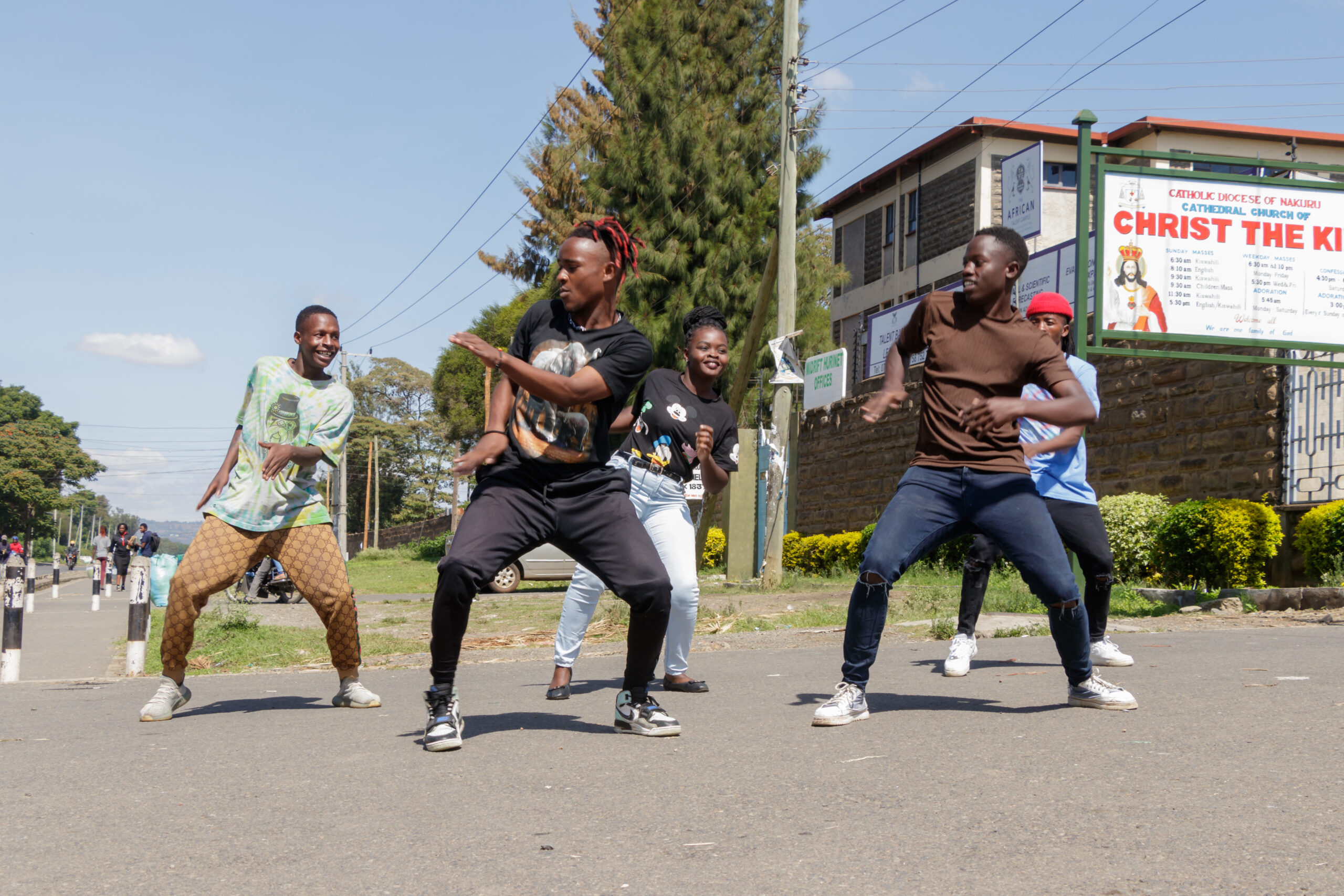
Code07 is a dance crew that performs roadshows for ‘edutainment’ purposes, raising awareness of issues impacting young people in the local area. A number of the group members have received training and grants from AKF to scale up their businesses, through our COIVD-19 Response Programme in East Africa. During the training courses, young people are taught financial literacy so that they develop new and existing business ideas so that they can grow into fully fledged entrepreneurs.
Location: Nakuru County, Kenya
Photographer: Isaac Njagi
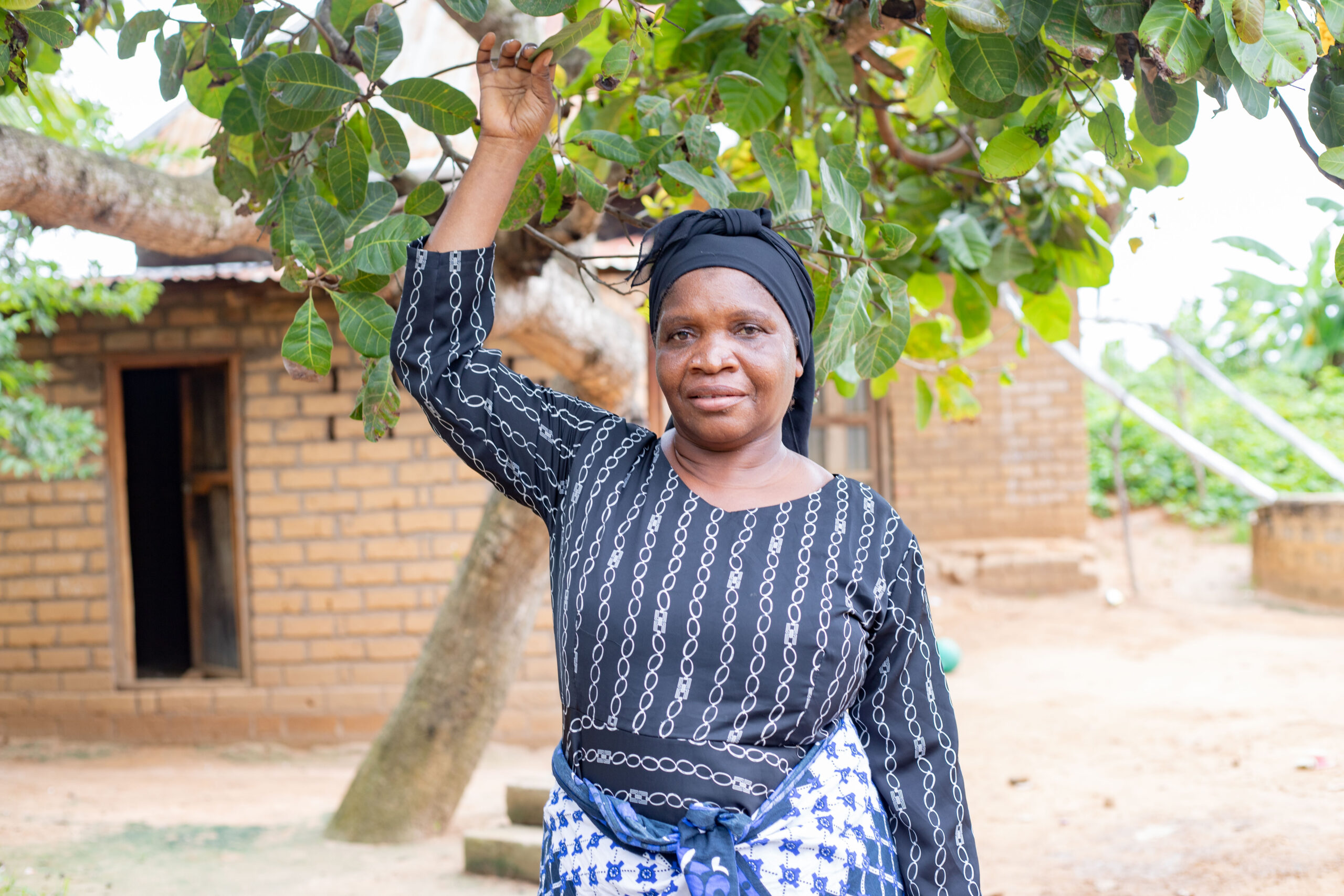
Moza Chindema is a member of her local community-based savings group (CBSG). In her village, growing and harvesting cashew nuts is the main source of income. She and her fellow CBSG members use the money they save to boost productivity of their small-scale cashew farm. With AKF’s support, they have recently converted to a digital savings group, using mobile phones and online transfers to manage their savings.
Location: Tandahimba DC, Mtwara, Tanzania
Photograher: Masogo Ndaro
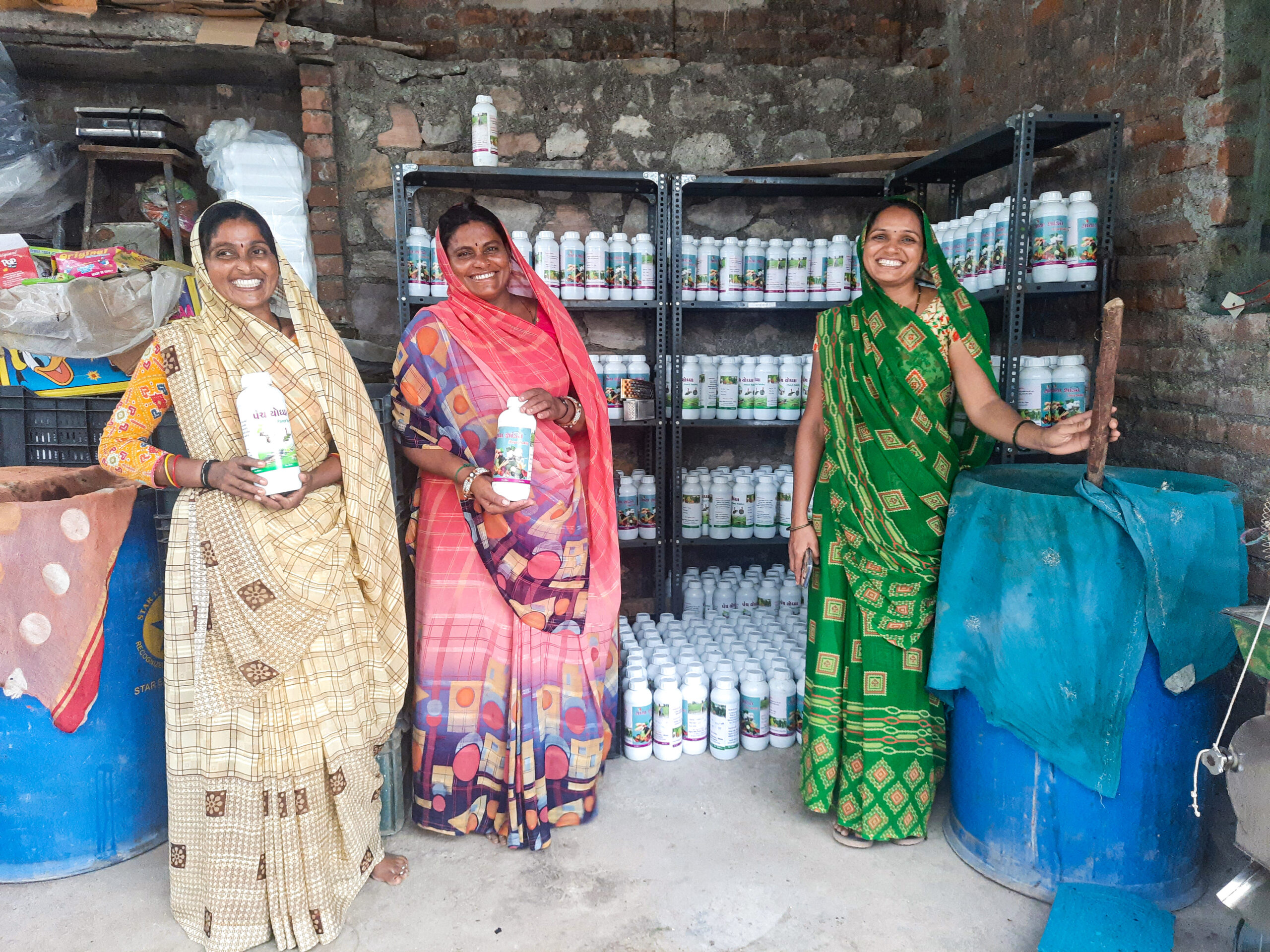
These women from Limbala village not only make bio-inputs but also sell them to the farmers in nearby villages. They are bio-input entrepreneurs. Currently they are selling two products, one is pest repellent, and the other one is growth promoter for crops. Supporting women bio-input entrepreneurs is one of the initiatives of the Aga Khan Rural Support Programme India to promote natural farming practices along with improving the livelihoods of rural communities.
Location: Surendra Nagar district, Gujurat, India
Photographer: Aarsh Mehta
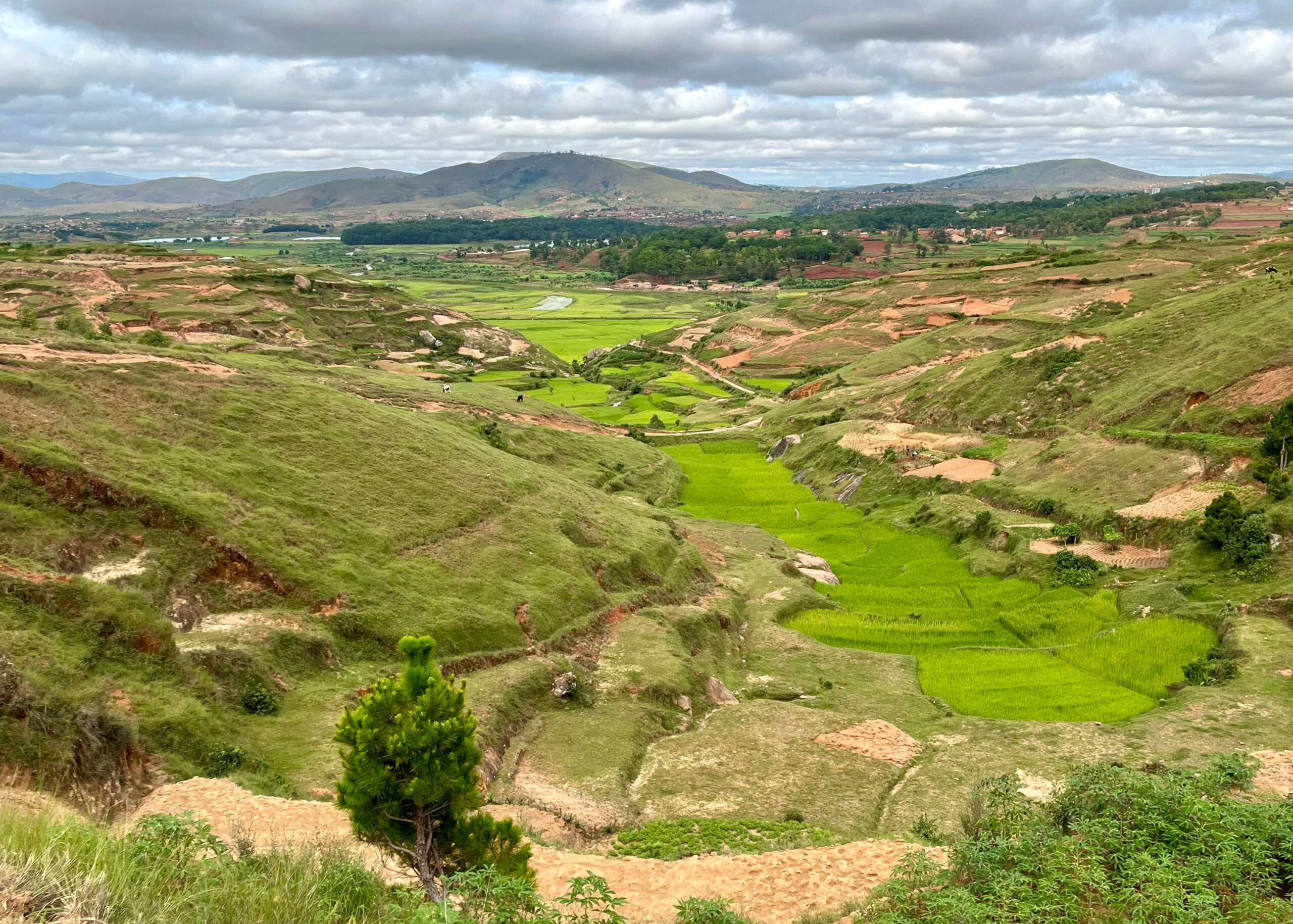
In Madagascar, AKF’s local implementing entity, the Organisation de Soutien pour le Développement Rural à Madagascar (OSDRM) is helping communities adapt to climate change and become more resilient. In Analamanga, like other regions, communities tell us about their anxieties about changing weather patterns (severe droughts and storms), deforestation and the cost of living. In response, through OSDRM’s support, these communities are now learning about and implementing low cost, highly effective regenerative practices, aligned to global best practices. This includes rice intensification, bio fertiliser, bio pesticide, and bio gas. Communities are also reforesting their land and diversifying their crops.
Location: Alatsinainy-Ambazaha, Analamanga, Madagascar
Photographer: Hafiz Moledina
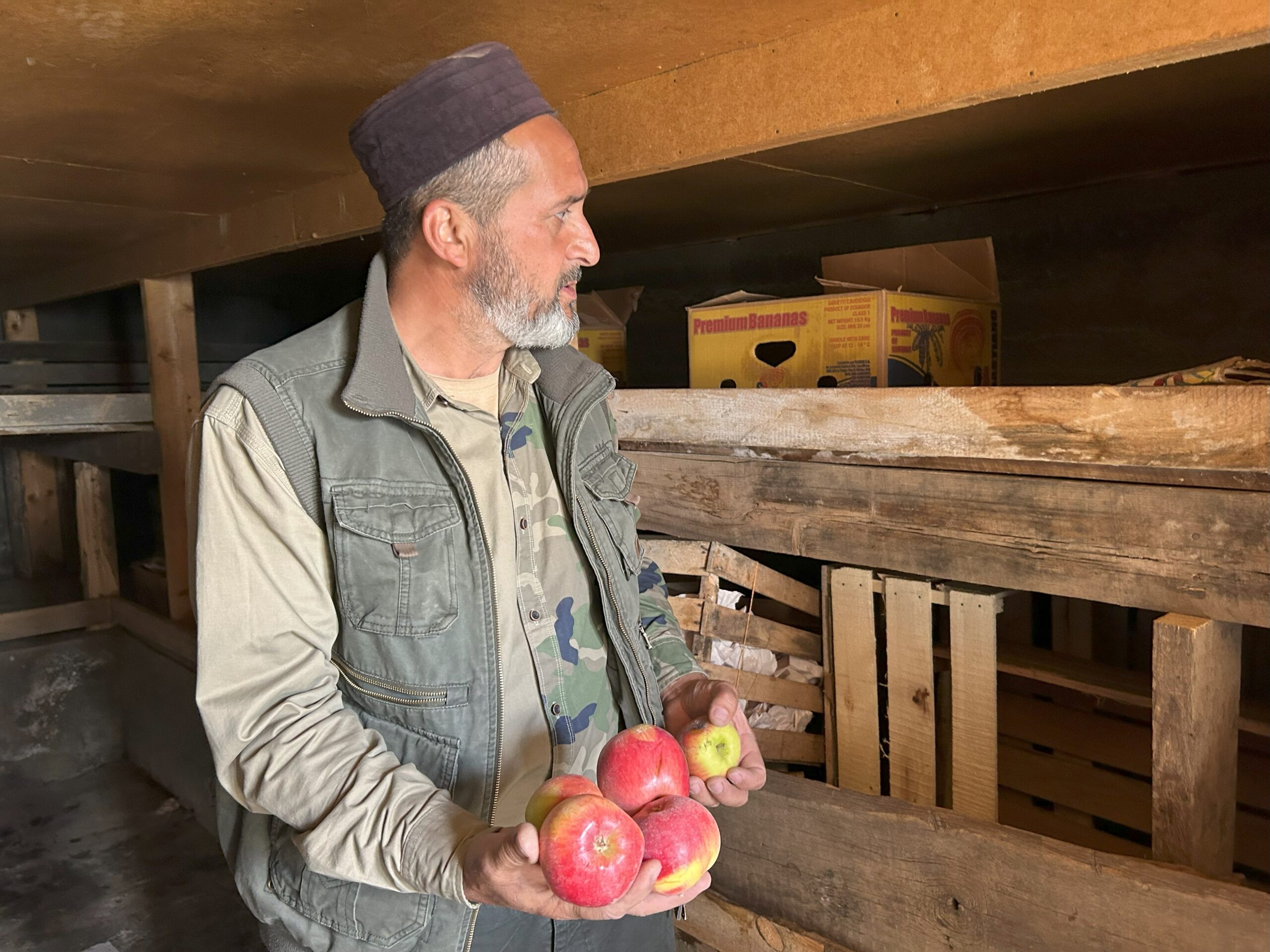
Ismoil Saidakramov is a farmer from central Tajikistan’s Rasht Valley. He has been taking part in AKF’s human-centred design (HCD) process with farmers and other stakeholders to identify how they can increase income from agricultural activities. The HCD approach is a very effective way to involve communities in identifying and solving their own problems. By involving farmers like Ismoil in the design process, development solutions are more likely to be practical, effective, and sustainable.
Location: Rasht Valley, Tajikistan
Photographer: Bogsho Mehralishoev

These young children are three of more than 3,500 we’re supporting in Syria through early learning centres. We provide centres with essential educational materials and resources, as well as work to build the skills of teachers through trainings. Early childhood development (ECD) centres like this one provide a space where children can learn, play, and socialise, promoting childhood development and giving them the best possible start in life.
Location: Tartous, Syria
Photographer: Ali Shaheen
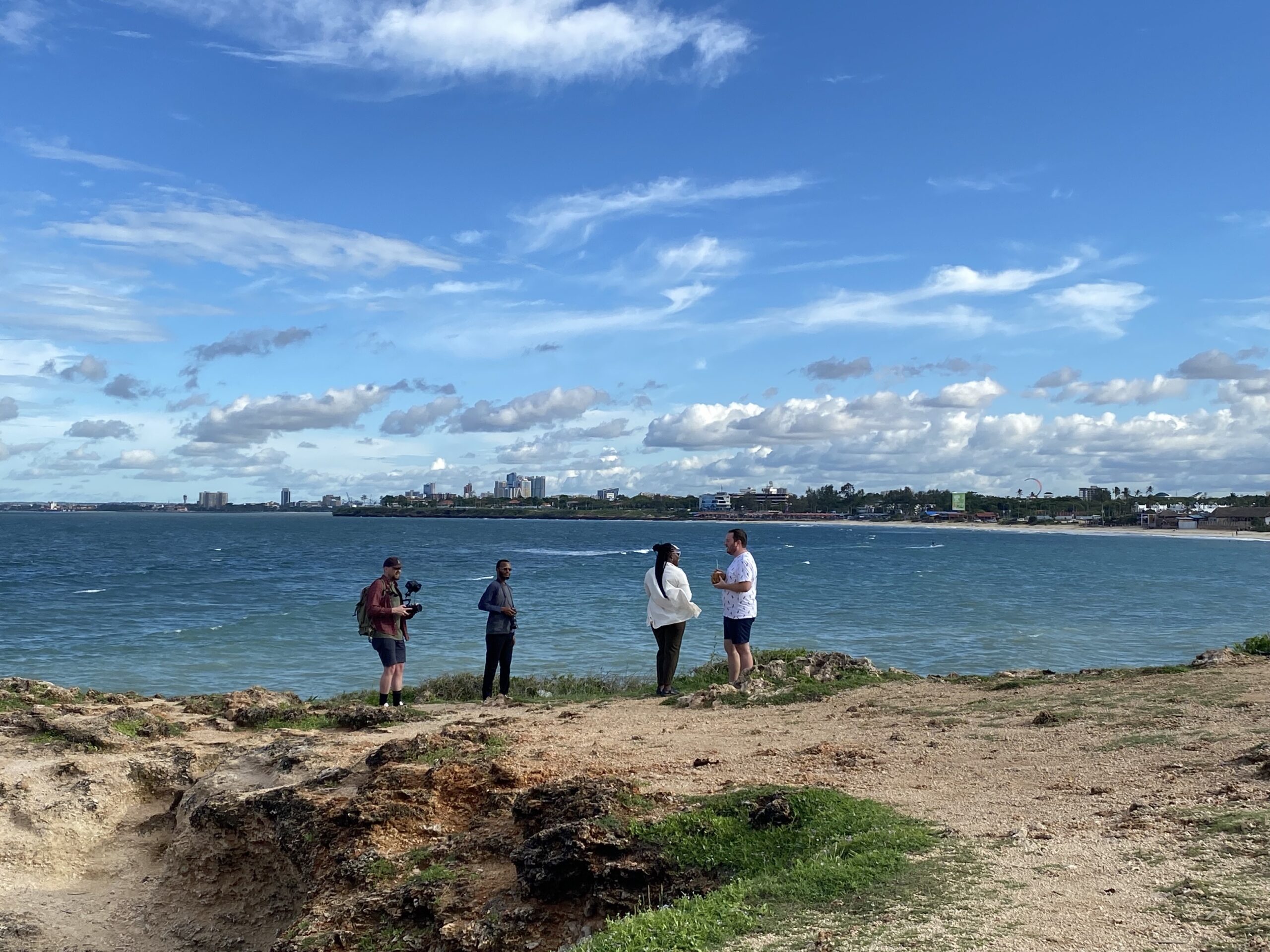
Filming Gertrude Omoro and Peter Steele, AKF Canada’s International Youth Fellows, at Coco Beach Cliffs in Dar es Salaam. Gertrude and Peter are participants of AKFC’s International Youth Fellowship Program (IYFP), a program that helps connect young Canadians to international development opportunities. Gertrude and Peter are Partnerships Fellows at the AKF Tanzania office, and support projects in Tanzania and across the East Africa region. As part of a recent content collection mission, AKFC is highlighting the IYFP, showcasing how the program is helping to shape Gertrude and Peter’s career paths, and how they’re contributing to AKF’s work.
Location: Dar es Salaam, Tanzania
Photographer: Annie Lee
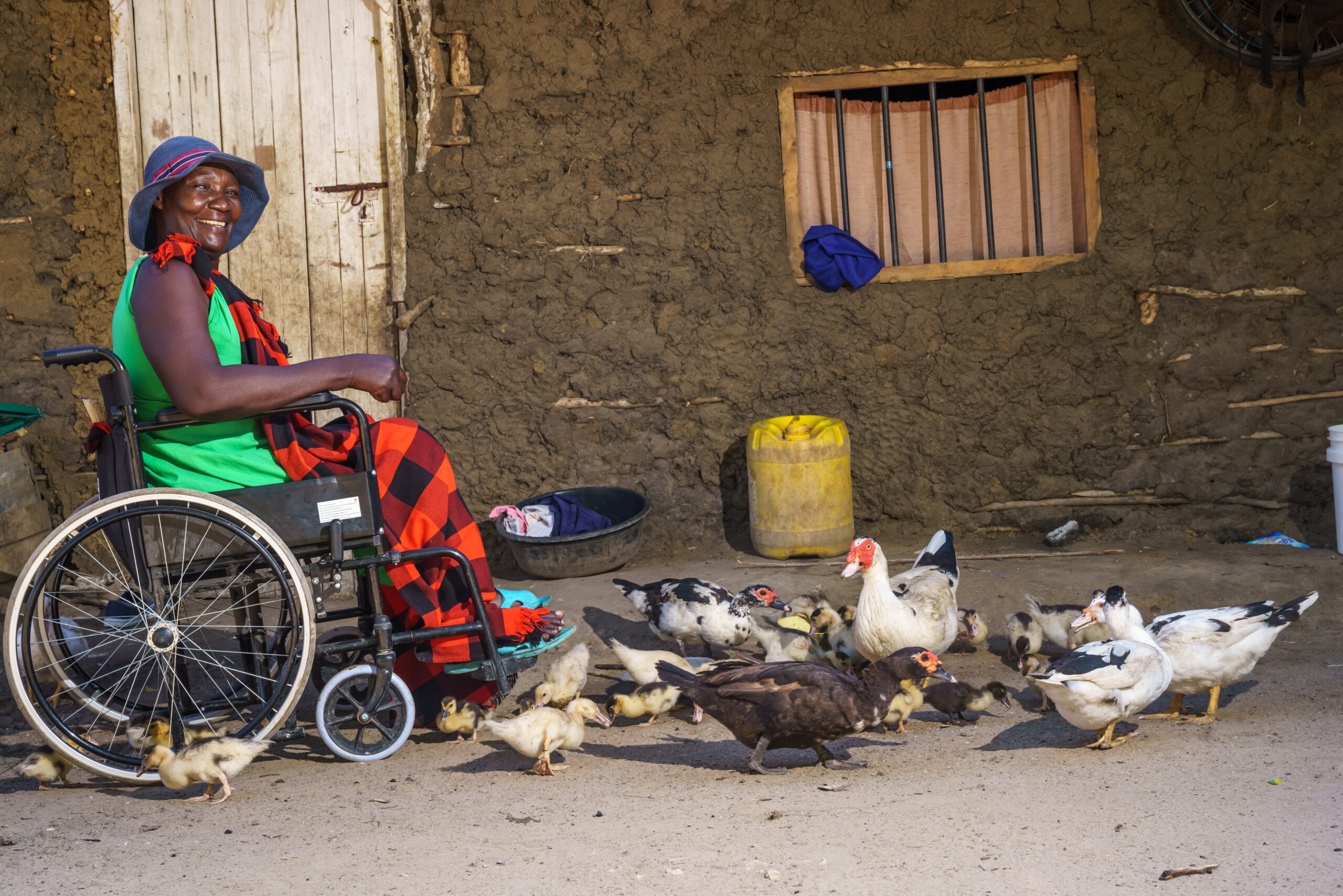
Grace Atieno is an entrepreneur and human rights activist from Jua Kali Village. She has been living with a disability since she was 10 years old after contracting polio. Through AKF’s COVID-19 Response Programme in East Africa, funded by the European Union, Grace recently received a grant to set up a business – she established a duck farm which she operates at her homestead. Grace is passionate about advocating for equal rights for people living with disabilities, and this opportunity has enabled her to show that she is equally capable to run her own business.
Location: Lamu County, Kenya
Photographer: Isaac Njagi
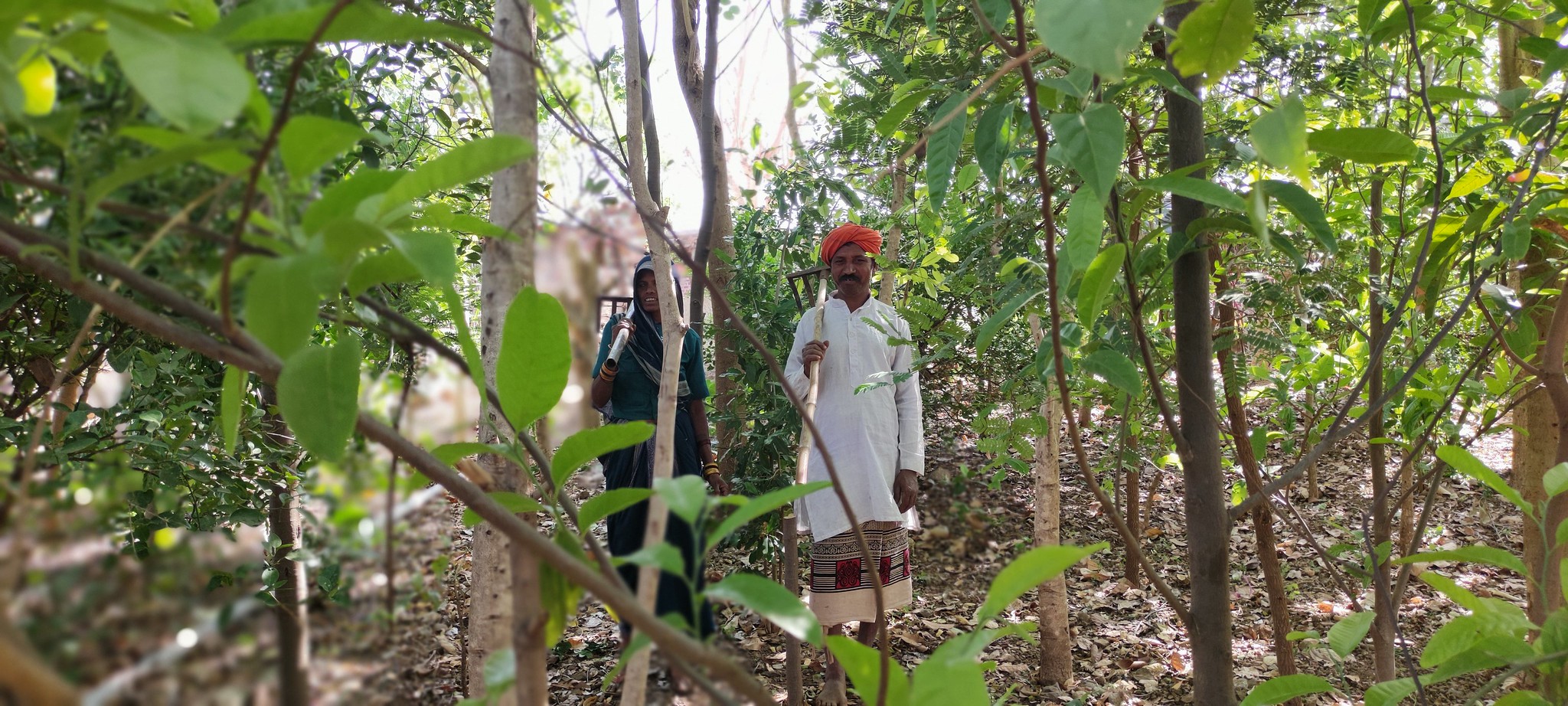
Over the past few years, the Aga Khan Rural Support Programme India has been working with communities to plant micro-forests as a locally led climate solution. This micro-forest, owned by the farmers in the image, is one of the most developed forests at five years old. Micro-forests take between one to two years to reach full growth, which is must faster than a regular forest. Their rich density and biodiversity means that micro-forests sequester carbon dioxide five times more effectively than traditional reforestation efforts, which usually involve planting only one type of tree.
Location: Sendhwa, India
Photographer: Cesar Moreira



